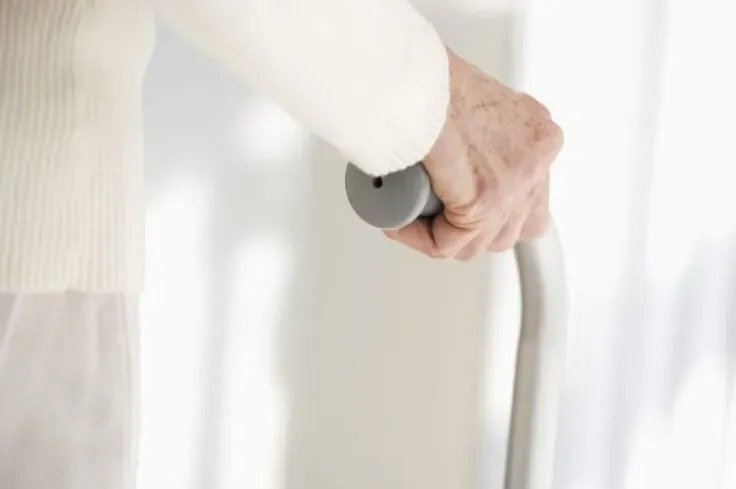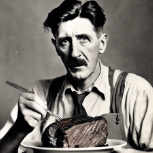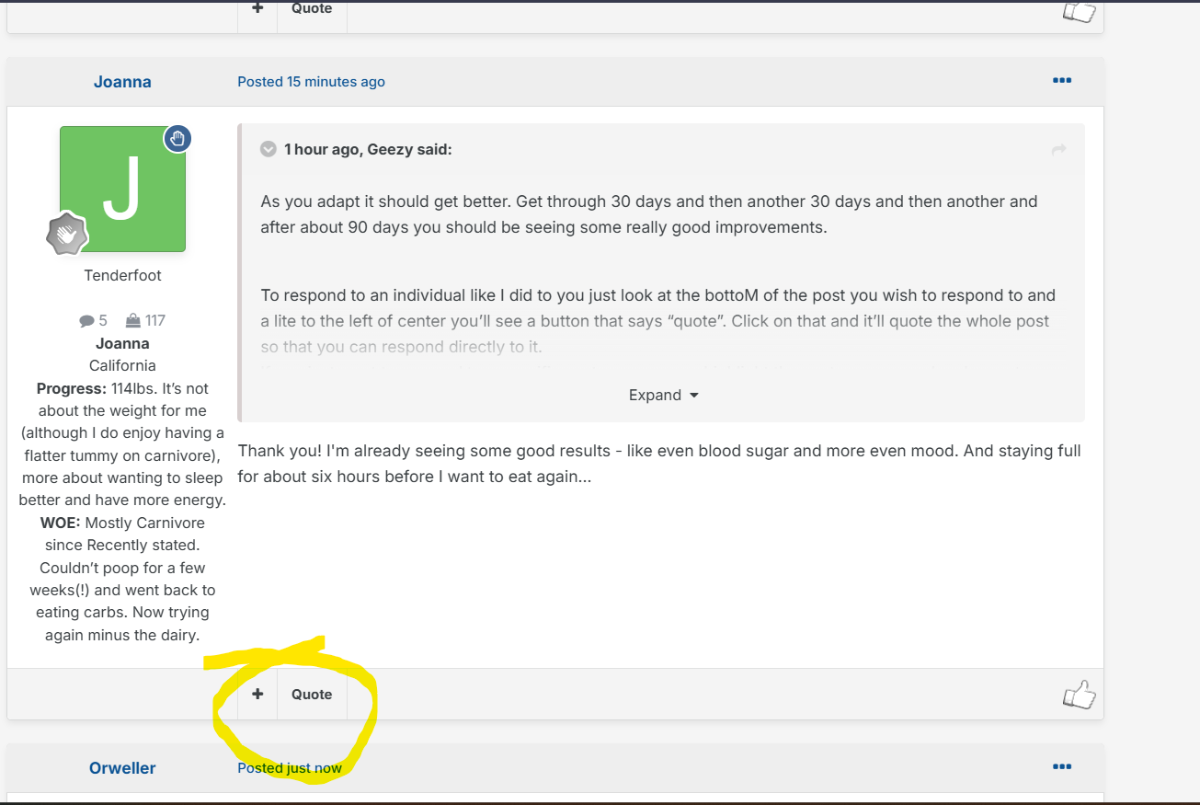Today is the first day of January and is also the first day of World Carnivore Month. To that end, let's challenge ourselves to eat a carnivore diet for the entire month of January. The type of carnivore diet and the level of strictness you choose to do is entirely up to you. Examples of carnivore diets include the following...
1) The Lion Diet. A person eating the Lion Diet only consumes the flesh of ruminant animals, water, and salt.
2) The BBBE Diet. BBBE is an acronym for Beef, Butter, Bacon, and Eggs.
3) The Carnivore Diet. This allows for the consumption of any and all animals and animal by-products, including dairy.
In any of the above examples, the object of course is to not consume any plants as part of your diet. Of course, we're not going to micromanage hoe you prepare your food, so your use of seasonings is entirely your own personal choice.
IF your circumstances don't allow you to go full on carnivore in January, then you can participate in this topic by challenge yourself to do better, above and beyond what you have been doing. For example, if you have still been eating grains, seed oils, refined sugar, or drinking alcohol, challenge yourself to avoid these items and just eat a clean, single ingredient whole foods diet such as clean keto, ketovore, or animal based.
We encourage you to check in daily, and share what you have eaten, perhaps a weigh-in if you're willing, and enjoy in some small talk. Participants in this topic will be entered into a drawing for a prize at the end of the month.









Bone Health And Diet: Researchers Say Vegetarians At 50% Higher Risk Of Hip Fracture
A healthy diet and lifestyle habit is essential for bone strength. However, a new study has found that a vegetarian diet, even though considered beneficial for preventing several diseases such as cancer, blood pressure and diabetes, can lead to an increased risk of hip fracture in both men and women.
Studies have shown that vegetarian women were at an increased risk of hip fracture, although the exact reasons were not known. Since the studies evaluating the impact of a vegetarian diet on men's bone strength were inconclusive and small-scale, a team from the University of Leeds, the U.K., decided to conduct a large-scale study.
The researchers evaluated 413,914 participants from a UK Biobank project and collected details of their diet. The participants were classified as regular meat eaters (who ate meat five or more times a week), occasional meat eaters(who ate less than five times a week), pescatarians (who ate fish but not meat) and vegetarians (who consumed dairy products). There were 3,503 cases of hip fracture in them.
The risk of hip fractures in vegetarians was 50% higher, while pescatarians had a slightly greater risk (8%) than regular meat eaters.
"Hip fractures are a growing problem in an aging society, and can trigger debilitating health conditions and a loss of quality of life," study lead James Webster, a doctoral researcher in the School of Food Science and Nutrition, said in a news release.
However, the study does not undermine the overall health benefit of a vegetarian diet.
"The health benefits of a vegetarian diet, including a lower risk of cancer and cardiovascular disease, may still outweigh any increases in hip fracture risk. This study shows that whilst vegetarians face a greater risk of hip fracture than meat eaters – at 50% – this translates to just 3 more hip fractures per 1000 people over 10 years," Webster said.
Researchers believe that despite the benefits of a vegetarian diet, the chances of not getting adequate protein from food may be the reason for decreased bone strength.
"Our analysis suggests that low BMI may be a key factor in why their risk is higher. Additionally, vegetarians were about 17% less likely to meet protein recommendations than meat eaters. So, important messages from our study are that vegetarians need to ensure they are getting a balanced diet with enough protein and maintain a healthy BMI. This will help vegetarians to maintain healthy bones and muscles," Webster added.
Subscribe to Carnivore Talk on YouTube | Be our guest on the channel | Leave me a voicemail, yo!